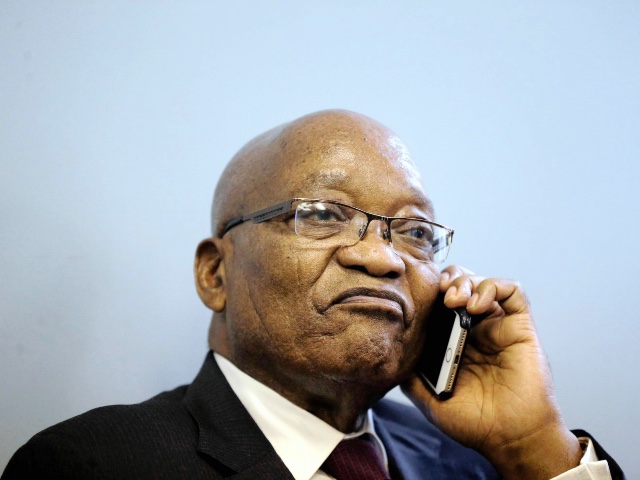AS WE enter what we see as a new era in our politics and with the establishment of the seventh democratic parliament, the conversation about confronting and fixing our societal trauma should not be forgotten.
This conversation, which should have been at the forefront 30 years ago, revolves around facing the deep psychological and emotional traumas of our country that continue to permeate the personal, institutional, communal and leadership spheres.
This conversation, which should have been at the forefront 30 years ago, revolves around facing the deep psychological and emotional traumas of our country that continue to permeate the personal, institutional, communal and leadership spheres.
While political negotiations during the transition to democracy focused on economic restructuring and establishing political frameworks, the work of emotional reckoning was largely neglected despite increasing scientific evidence that unresolved trauma can have a negative effect on societal functioning. Psychological scars remain unaddressed.
This oversight has left a gap in the democratisation process. The emotional scars of apartheid, colonialism, systemic racial oppression and now postapartheid failures remain raw and unhealed, continuing to influence our societal dynamics and shape our current political discourse in ways that could be detrimental to the future of our country.
For example, the power of unspoken trauma from apartheid remains deeply embedded in our collective consciousness. This trauma affects our ability to participate in constructive dialogue, leading to escalation of conflicts that could otherwise be avoided. Historical injustices, such as land dispossession, forced removals and systemic economic exclusion, have not been addressed in a manner that acknowledges their deep emotion.
When politics rides on the deep-seated, unspoken and unprocessed collective and historical traumas of our society, it is easy for politicians to use these to further polarise our country and threaten our progress towards sustainable democracy.
This neglect perpetuates a cycle of pain and resentment that undermines our efforts to build a cohesive and democratic society. Moreover, the lack of emotional reckoning and transformation has created a vacuum where political and economic differences become proxies for unresolved psychological issues. This is evident in the persistent racial tensions and stark economic inequalities.
The Truth and Reconciliation Commission (TRC), while a step in the right direction, fell short in addressing the deep psychological wounds inflicted by apartheid. The TRC’s focus on political crimes and gross human rights violations meant that the everyday psychological traumas experienced by millions went unacknowledged.
And today, we continue to pay the price. Some may argue that focusing on the past hinders progress and that our priority should be economic development and political stability. They believe that addressing historical traumas opens old wounds and distracts from current problems.
But this perspective fails to recognise the growing evidence that ignoring these deep-seated emotional and traumatic issues fundamentally undermines our efforts to achieve lasting economic and political stability.
Without addressing the psychological trauma, our political landscape remains fractured, as unresolved emotional pain continues to influence political behaviour and decisions. This unresolved trauma surfaces in every election cycle, in debates about land reform, in discussions about identity and belonging, and in the persistent economic disparities that disproportionately affect black South Africans.
The illusion that we can build a stable society on a foundation of unaddressed trauma is not only naïve but also dangerous. It is akin to building a house on a shaky foundation, only to watch it collapse under the weight of its own contradictions.
As the country engages in debates about the kind of government we should have, we need to embark on a journey that will integrate emotional and trauma transformation as an integral part of our country’s political and democratisation agenda.
This process requires the active participation of all sectors of society, including government, civil society, and community leaders. We need to create spaces where these deep-seated emotional issues can be articulated and addressed openly and honestly.- —M&G



